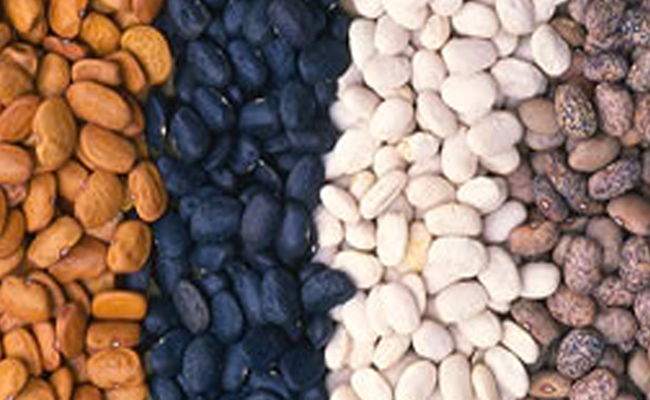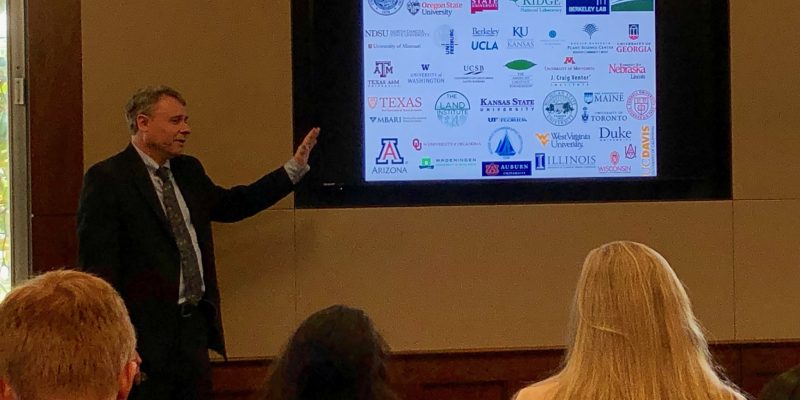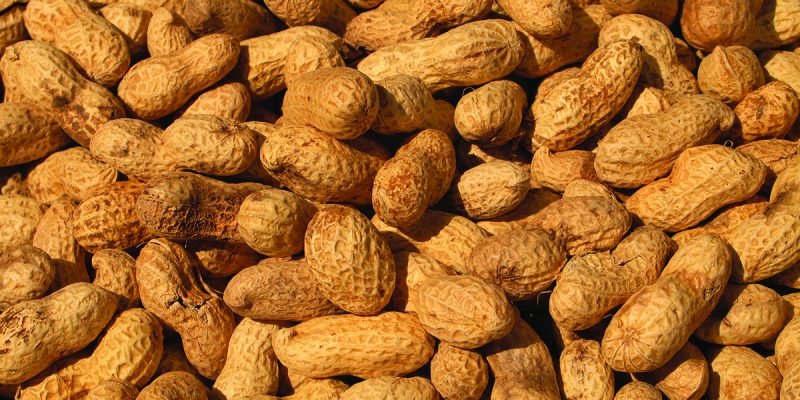by: Sarah Sharman, PhD, Science writer
Most mammals, including humans, have two copies of each gene, one from mom and one from dad. Mammals that inherit more than two copies (a phenomenon known as polyploidy) rarely survive to birth. One known exception is the tetraploid red viscacha-rat which lives comfortably with double the usual number of chromosomes as its ancestors.
Plants, on the other hand, have embraced surviving (and thriving) with many copies of their genome. Many plants have a history of polyploidy, in fact, a quarter of all plants on earth have more than two copies of each chromosome. While the exact benefit of polyploidy has not been fully realized, in plants it is thought to be a major driver of climate and environmental adaptation. Higher numbers of copies of each chromosome could drive shifts in habitat preference, adaptability, and fitness.
Continue reading “More genome copies in switchgrass leads to increased climate flexibility”










